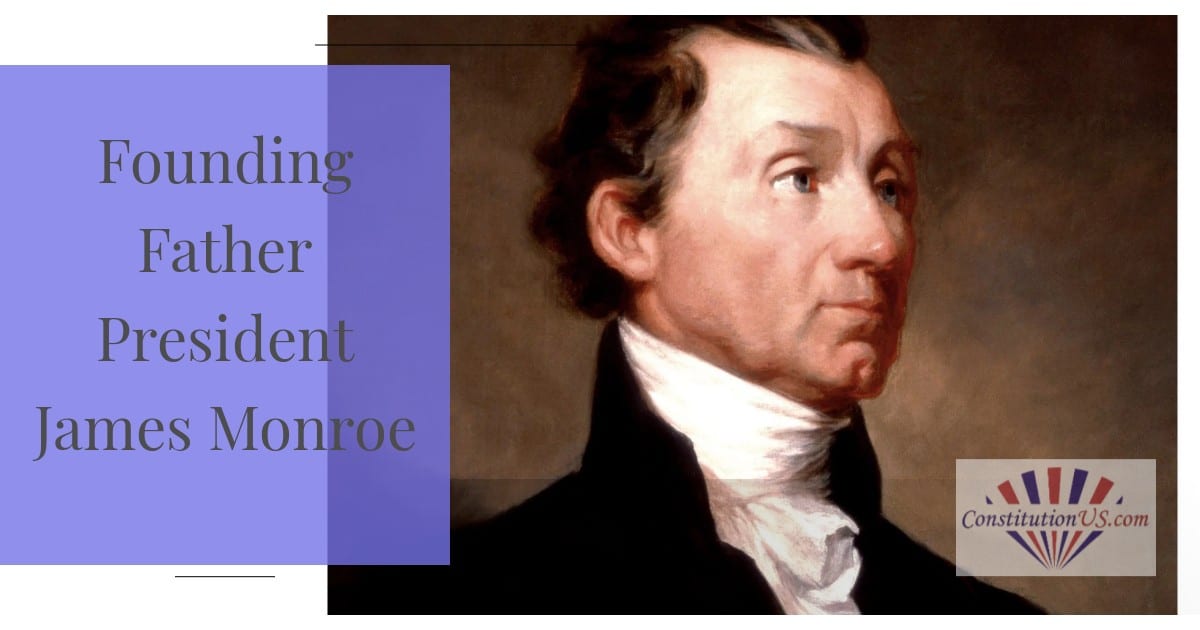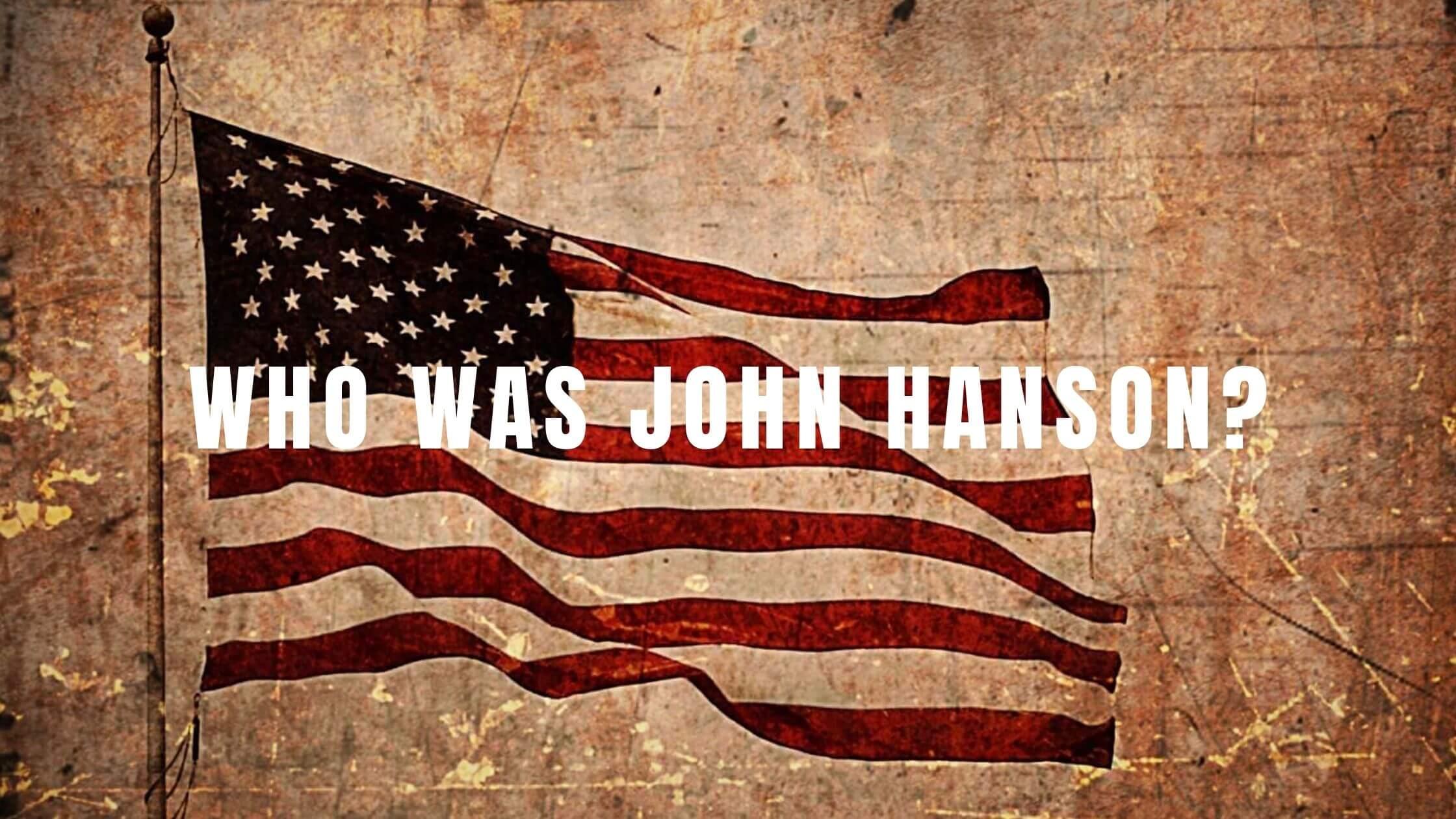Table of Contents
ToggleBiography Of James Monroe
James Monroe was a statesman, a founding father, and a lawyer. He was born on April 28th, 1758, in Monroe Hall, Virginia, to Spence and Elizabeth Monroe.
Early Life
He was home-schooled until age 11, when his parents enrolled him in Campbelltown Academy. At the early age of 16, James Monroe got admitted to the College of William and Mary. However, he soon dropped out of college a year later to fight in the continental war for America’s independence.
Political Career
After victory had emerged, James Monroe was appointed as a delegate to the Continental Congress. He studied law under Thomas Jefferson for three years, from 1780 to 1783. He signed up to become a lawyer during this period and passed the Virginia Bar in 1782. That same year, he entered the Virginia House of Delegates and was elected into the 4th, 5th, and 6th Continental Congress.
Fast-forward to 1790, James Monroe was elected to the US Senate, and in 1794, he was assigned as the ambassador to France. As an ambassador, he negotiated the release of Thomas Paine (an American Activist) together with other American prisoners in French captivity. Two years later, he was called back to Washington in 1796 because President George Washington felt he was deteriorating the bilateral relationship between the United States and France.
Formation Of Democratic-Republican Party
When he returned, he decided to focus on his plantations while practicing law. However, due to the political calling bestowed on his life, Thomas Jefferson and James Madison joined forces to form the Democratic-Republican Party in 1792. They wanted to form the Democratic-Republican Party because they wanted to strengthen ties with the French, and also, they wanted a decentralized government.
He became the governor of Virginia between 1799 to 1803, and as governor, he used his power to campaign for Thomas Jefferson to win the presidential election in 1800.
Life As A Diplomat
President Thomas Jefferson revamped James Monroe’s diplomatic career in 1803 and appointed James Monroe as a diplomat to France to help negotiate the acquisition of Louisiana from France. He was successful in the negotiation, and it made Thomas Jefferson trust him with more diplomatic offers. Between the period of 1803 to 1807, he was assigned as the special diplomat of the US to Britain. He played a similar role in Spain in 1805, where he again negotiated the acquisition of West Florida from the Spanish, which proved futile.

Get Smarter on US News, History, and the Constitution
Join the thousands of fellow patriots who rely on our 5-minute newsletter to stay informed on the key events and trends that shaped our nation's past and continue to shape its present.
As diplomat to Britain, Monroe was tasked to negotiate for the release of American sailors who were kidnapped by the British and forced to join the British Navy. During the course of negotiation, he signed the Monroe-Pinkey treaty with the British government, however, president Thomas Jefferson and Secretary of State James Madison rejected the treaty without even submitting it to the Senate.
Upon discovering this, Monroe became angry at Thomas Jefferson and Madison and decided to oppose Madison in the 1808 election. Even though he opposed his close friend in the elections, Monroe made it clear that he carry any ill will for Madison. Monroe simply felt he and Madison had different opinions regarding international diplomacy.
James Madison won the 1808 election and made Monroe his Secretary of State in 1811. He served as secretary for six years before winning the presidency in 1817. He was the last founding father to become a president, and during his regime, he worked vigorously to provide shelter for freed slaves.










